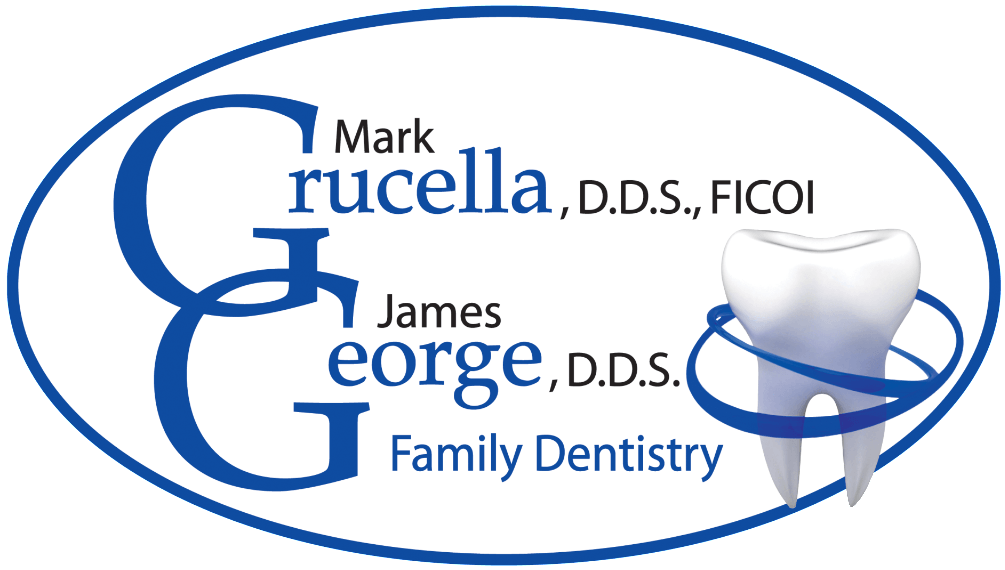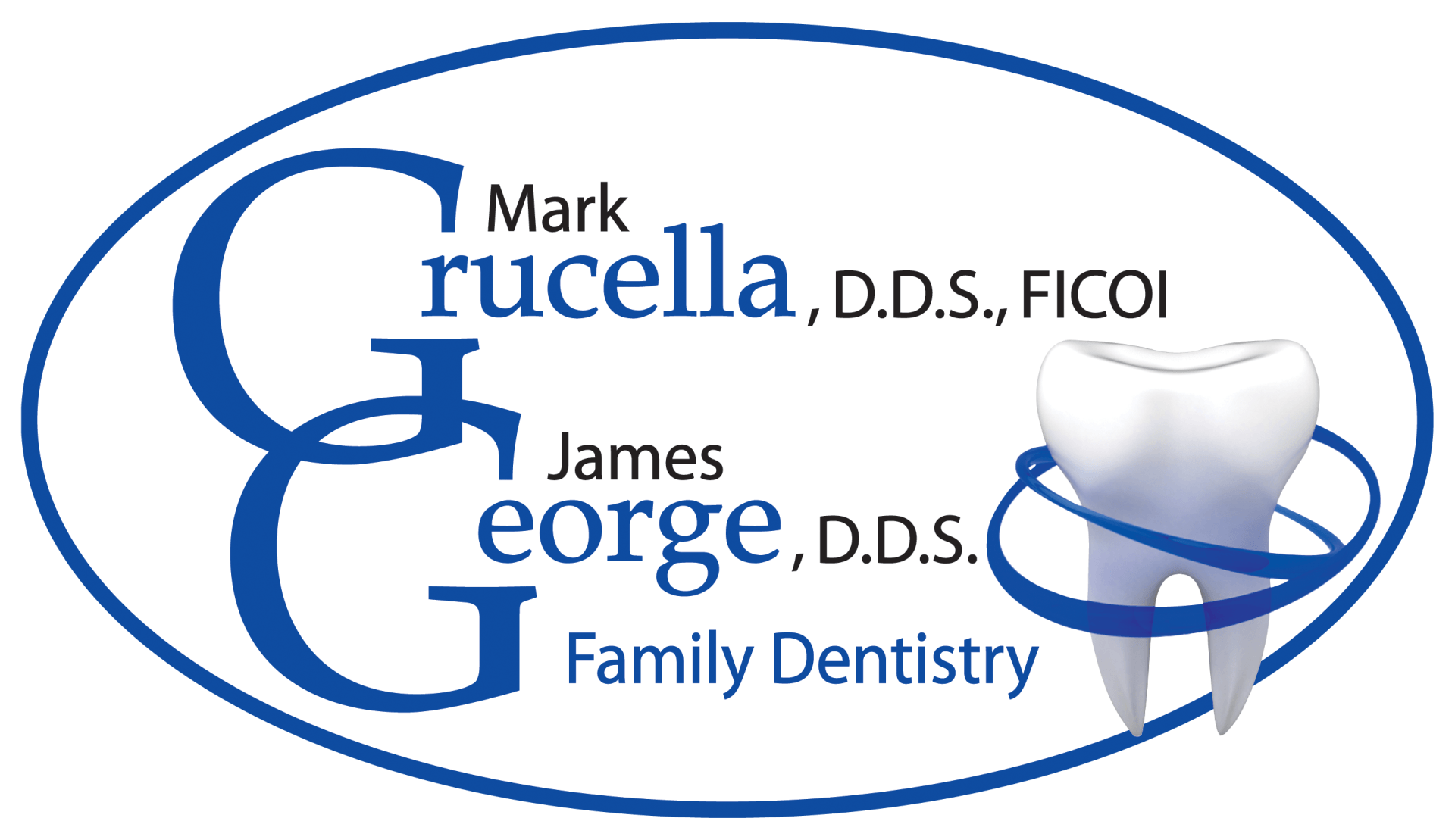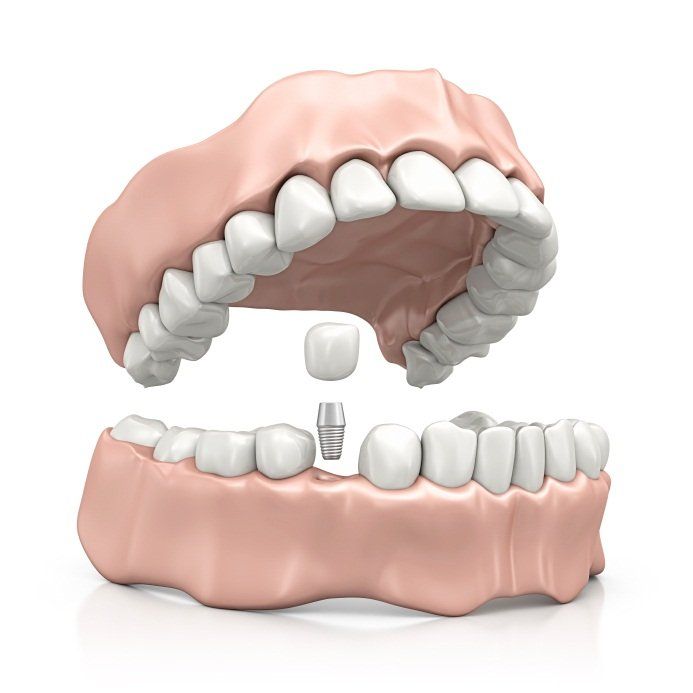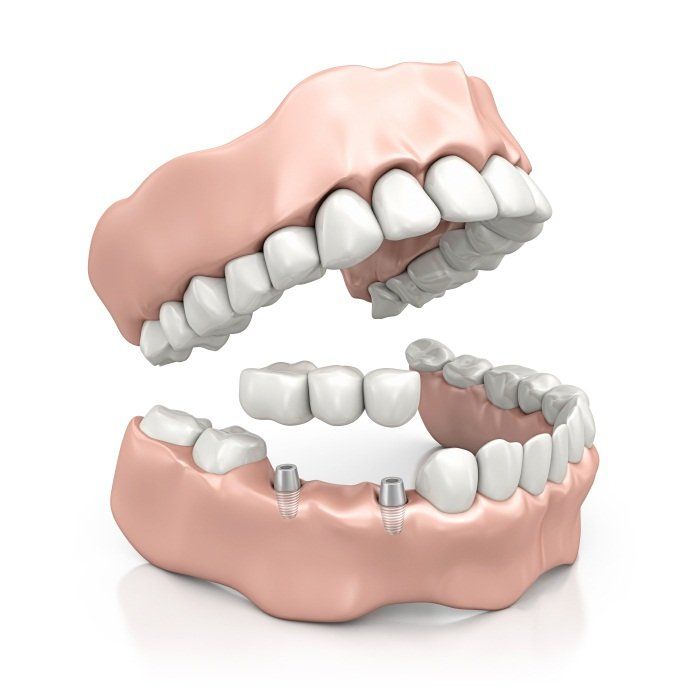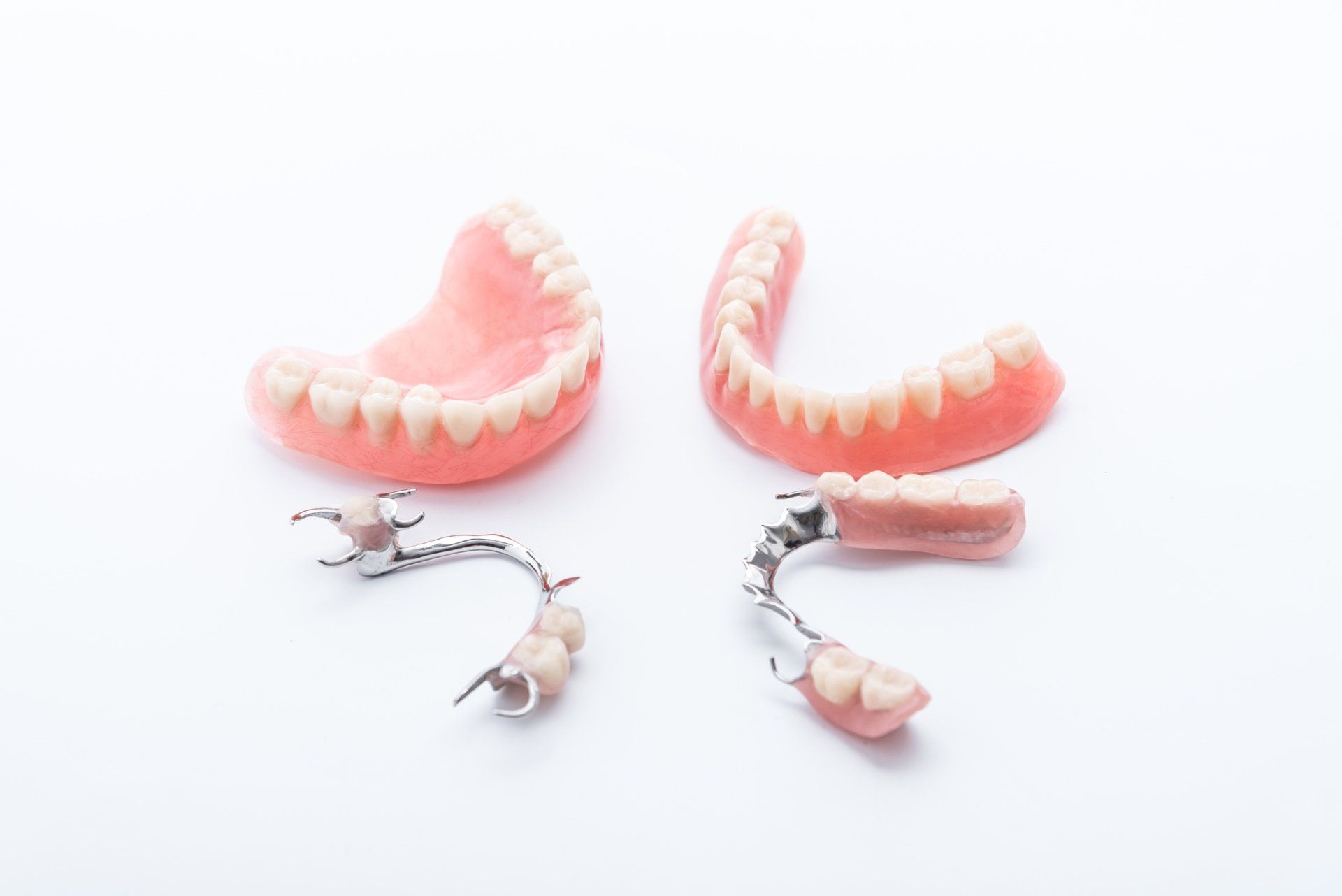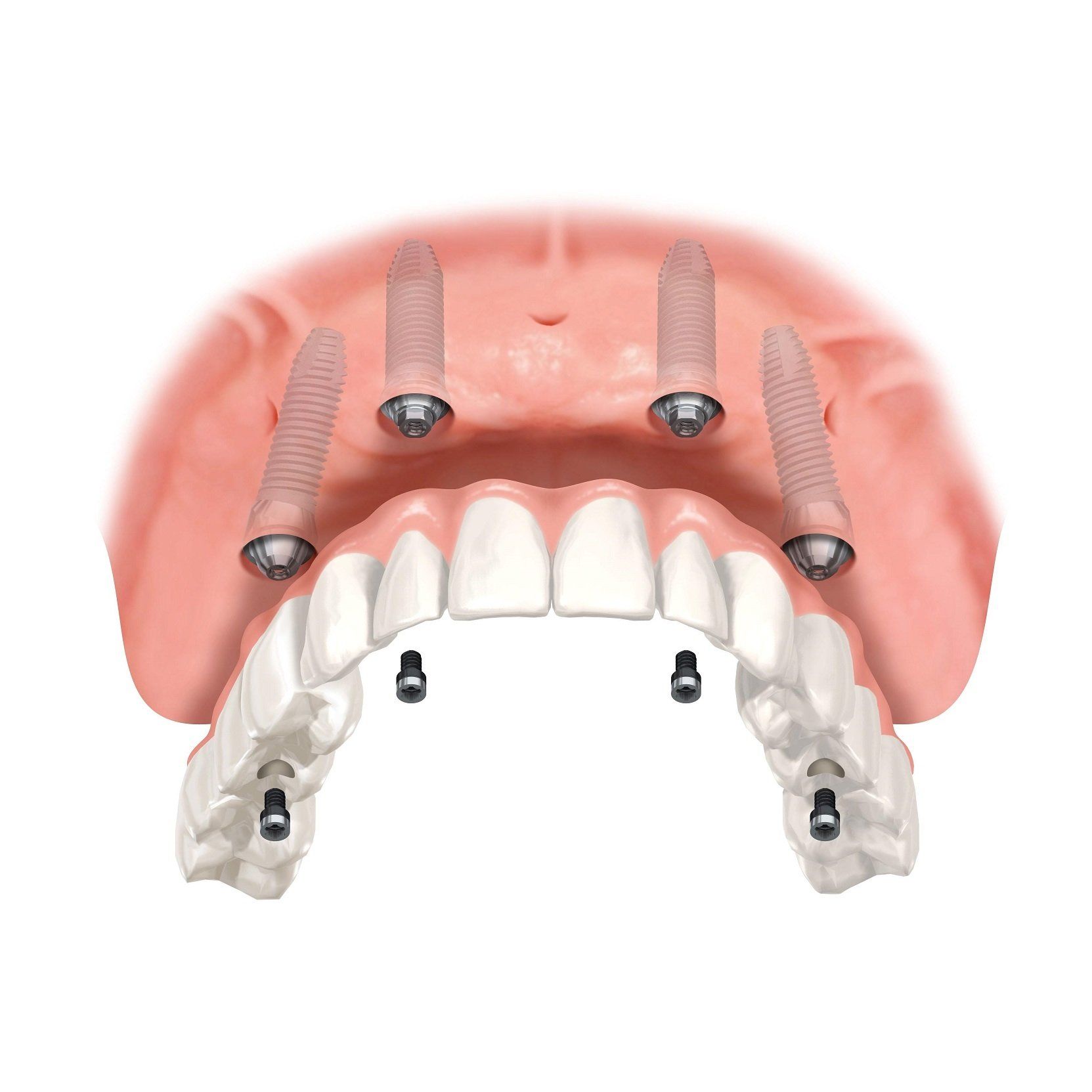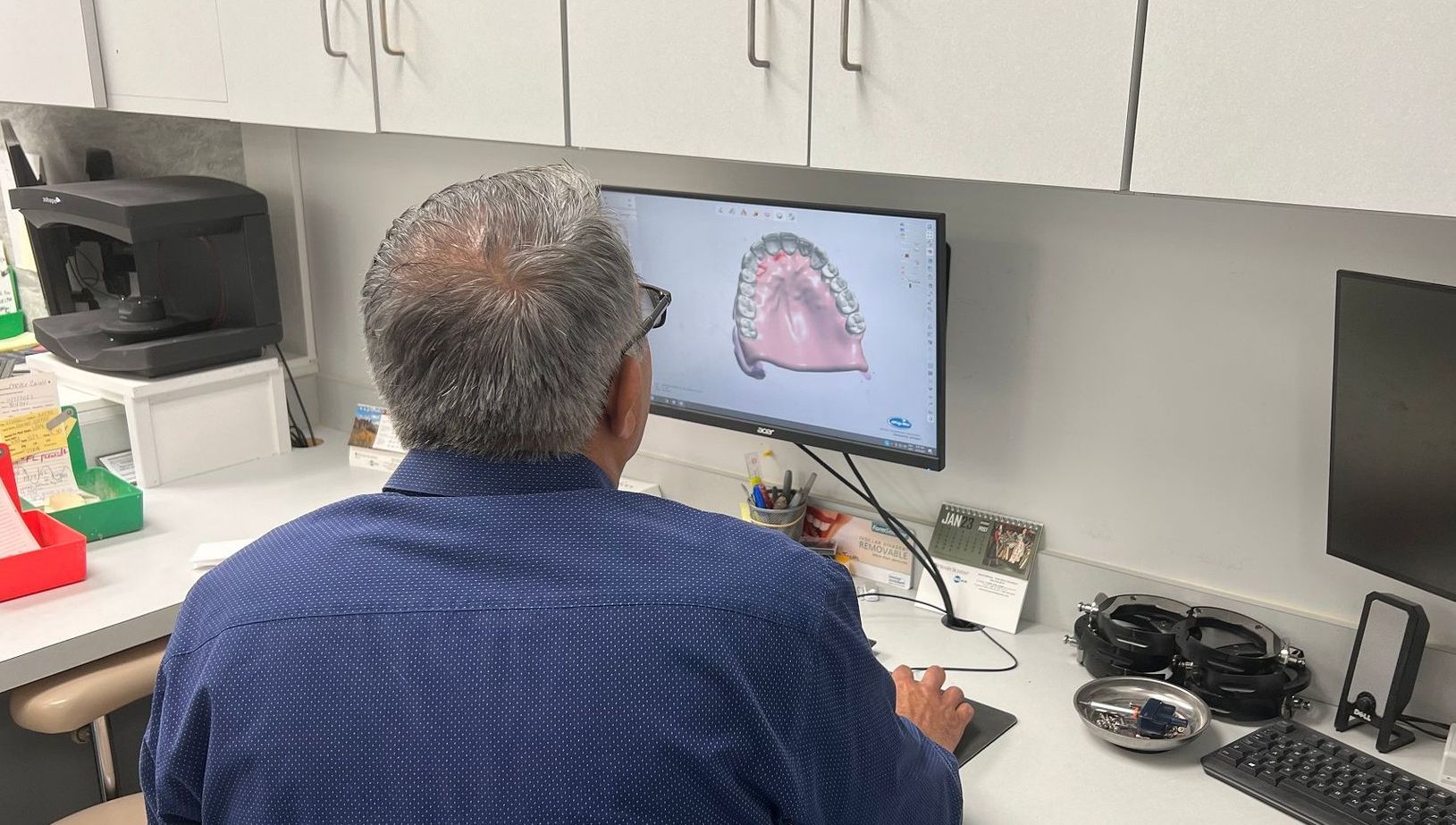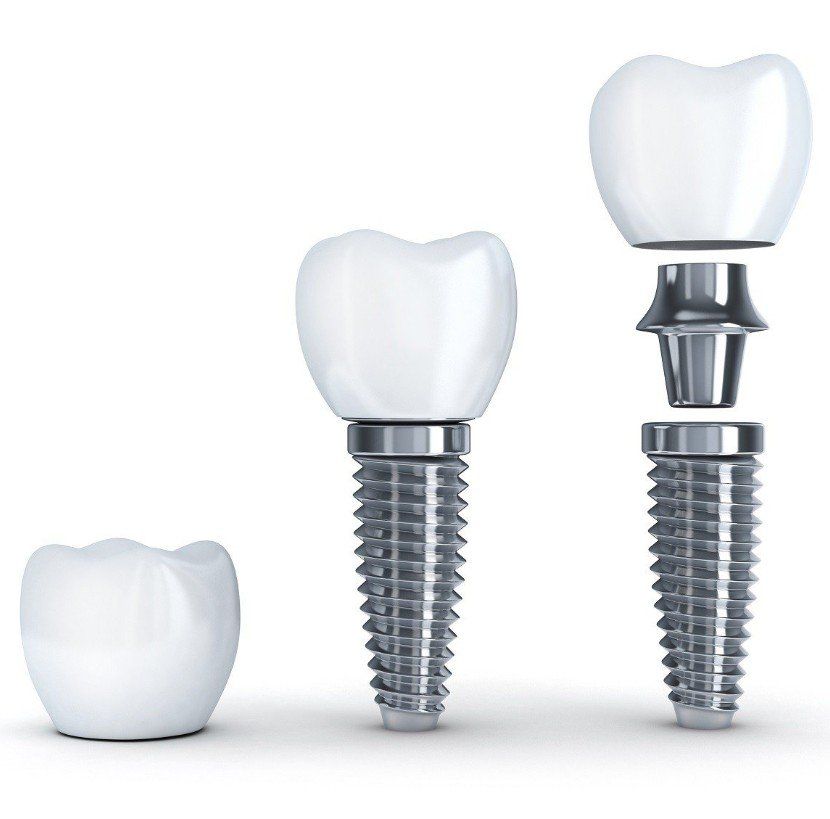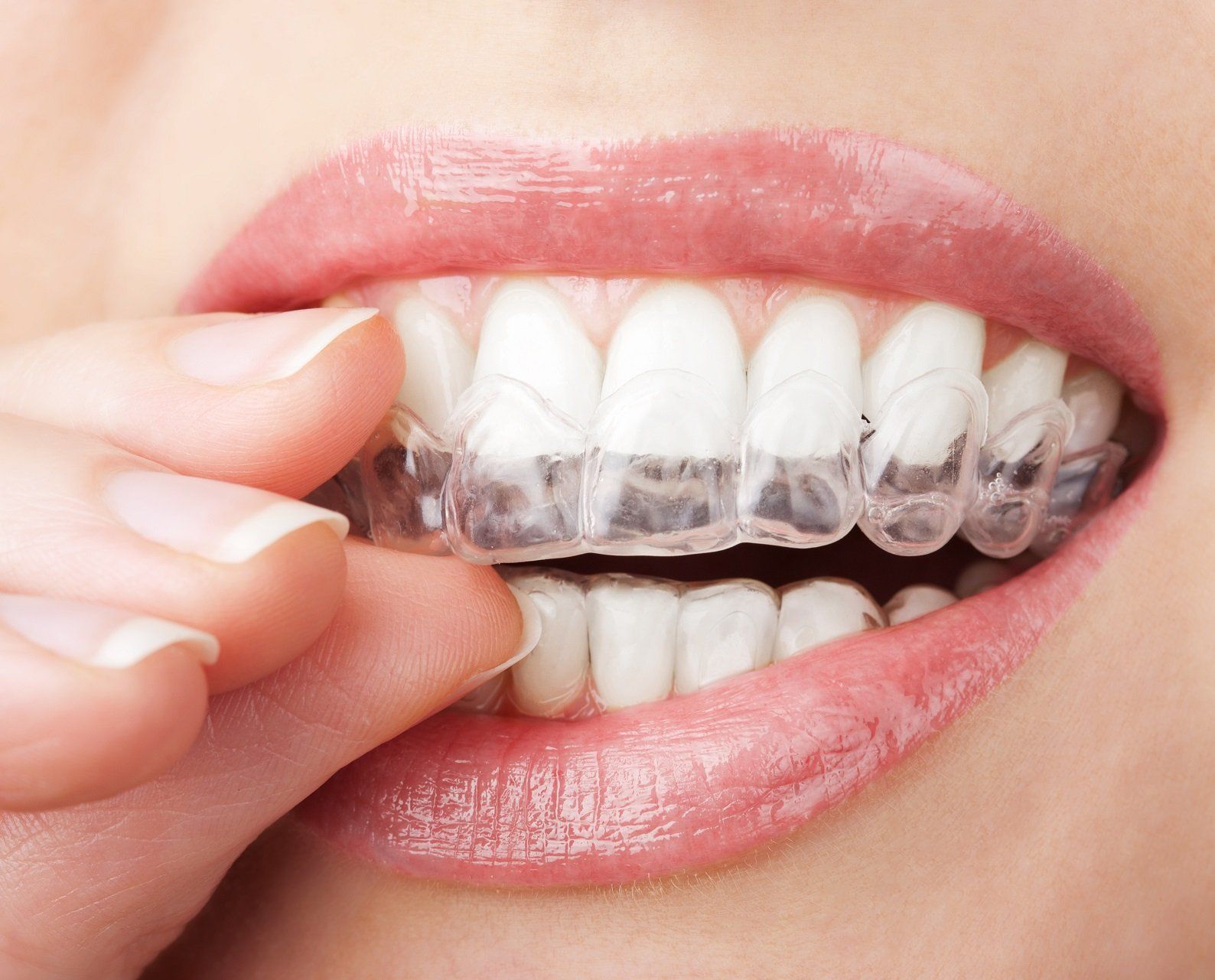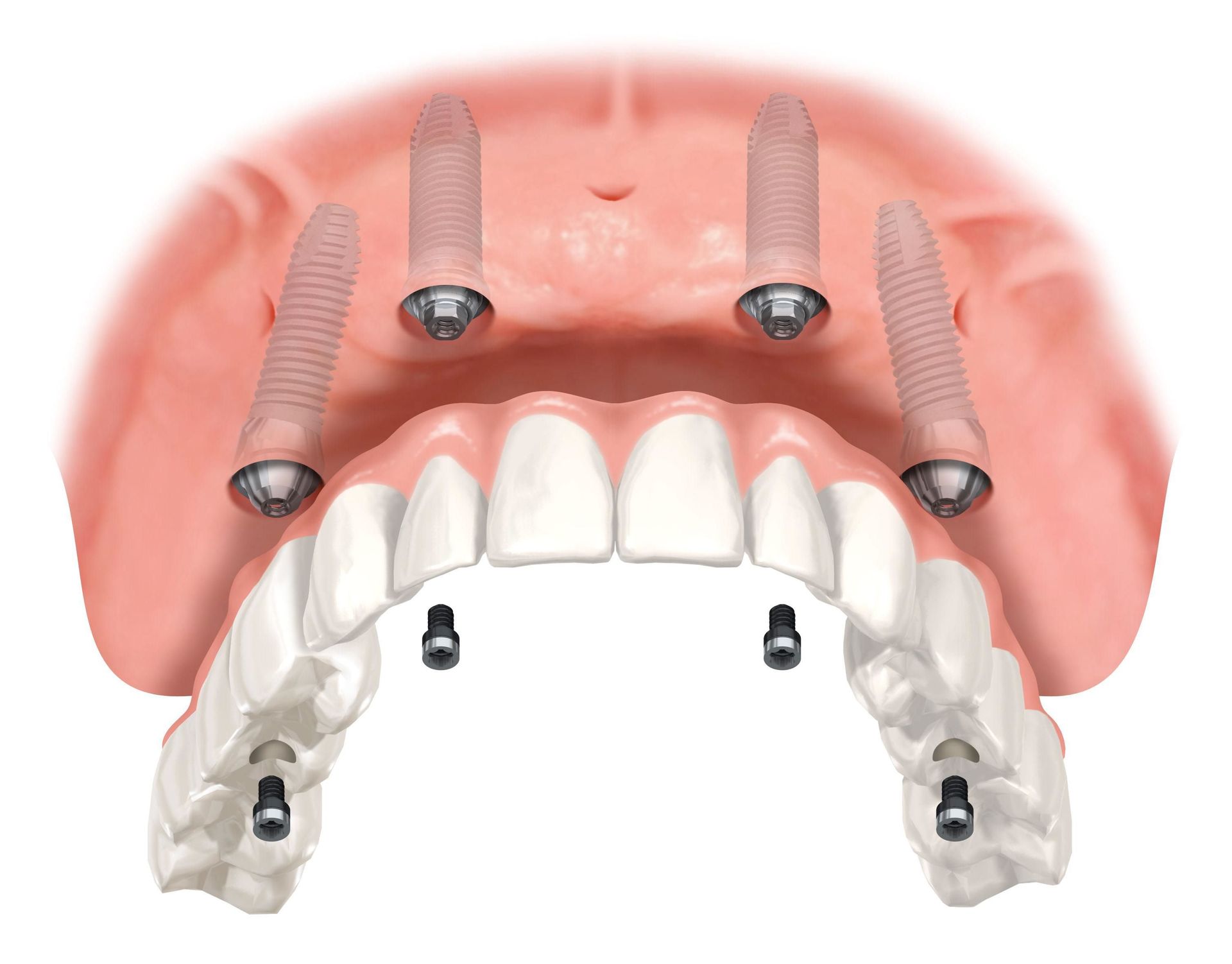Options for Replacing Missing or Irreparably Damaged Teeth
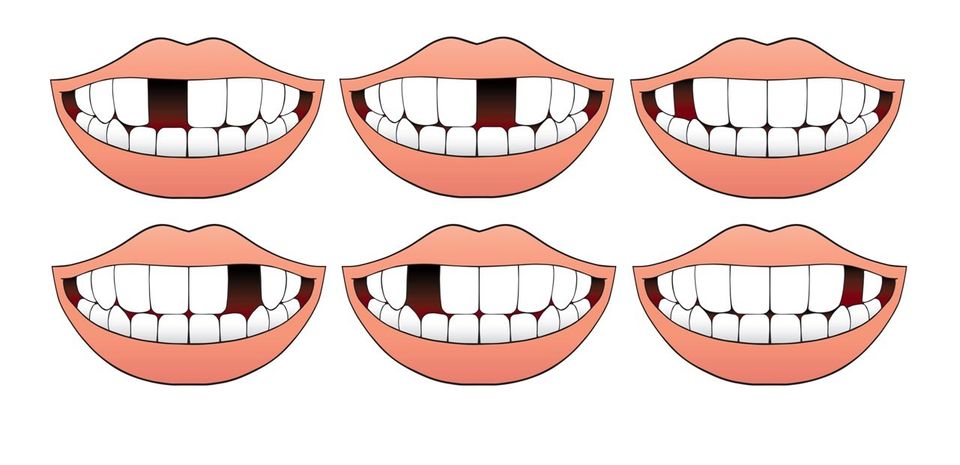
Whether it is one tooth, multiple teeth, or all teeth, there are a variety of replacement options available that restore appearance and function, allowing you to eat, drink, speak, and smile.
Dental Implants
A dental implant is a popular and proven solution for replacing one or more missing teeth. It offers a secure and highly functional long-term solution e when installed and cared for properly.
How It Works
When a tooth is missing or must be removed, both the part you cannot see (the root of a tooth) and the part you can see (the crown) must be replaced. A dental implant is an artificial tooth root. It is a cylinder-shaped post usually made of titanium that is placed into the jawbone so that it can fuse with bone tissue. This creates a strong and secure foundation to attach an artificial crown (tooth). The crown can be custom-made to match and compliment natural teeth.
If you need to replace just one tooth, a dental implant will compliment surrounding teeth and provide a natural feel and appearance. If several or even all your teeth need replacement, dental implants are once again a great option. They can be used to support a bridge or denture containing multiple teeth.
What They Offer
There are many advantages to dental implants including the following:
- Natural Appearance and Function
A dental implant looks, feels, fits, and functions like a natural tooth.
- Durability
A dental implant is built to last and provide a long-term solution. While a dental implant may need periodic adjustments, it can last a lifetime with proper care.
- Confidence
Teeth restored with dental implants are solid and reliable. They will not slip or move when you eat, drink, talk, sneeze, cough or laugh.
- Protect and Promote Healthy Bone Tissue
A dental implant is the only option to replace a missing tooth that preserves and stimulates bone tissue growth and prevents bone loss.
- Taste
With dental implants, you can eat almost anything you want and fully taste and experience the food.
- No Cavities
Because implants are artificial teeth, no cavities will develop.
Who is a Good Candidate?
Dental implants are an option for almost any adult regardless of age. However, you must be the right candidate.
Good Health
Both your oral health and your overall general health must be good to receive a dental implant. It is important to have a consultation with an experienced dental professional to examine and discuss your health.
Expectations
Receiving a dental implant for one tooth or multiple teeth is not a one-day procedure. After it is inserted, an implant will need time to properly adhere to the jawbone and fuse. This process can take months. Once the implant has fused with the bone, the crown (artificial tooth) can be attached to it.
Installing a dental implant is a step-by-step process. To fully understand the entire process and how it applies to your needs, it takes a conversation with a dental professional who has the appropriate qualifications and experience.
Dentures
Another option for replacing teeth is a denture. Dentures are prosthetic devices which are designed and fabricated to replace one tooth, several teeth, or an entire arch of teeth. While a denture can be secured by a dental implant, it is not completely necessary. A denture can also be affixed using other methods such as bonding or clasping.
Types of Dentures
There are two basic types of dentures - complete and partial. Complete dentures are utilized to replace a full arch of natural teeth. Whereas partial dentures are utilized when only a few teeth need to be replaced.
Complete Dentures
Complete dentures can be one of two types: a conventional denture or an immediate denture.
A conventional denture is made after the teeth have been removed and the gum tissue has started to heal. On average, a conventional denture is ready for placement in the mouth typically about 8 to 12 weeks after the teeth have been removed.
An immediate denture or same-day denture is made in advance of natural teeth being removed and can be positioned in the mouth as soon as the teeth are removed.
Immediate dentures provide the denture wearer with the convenience of not having to go without teeth during the healing period. The downside to an immediate denture is that bones and gums shrink over time, especially during the healing period following tooth removal. Therefore, immediate dentures require more adjustments to fit properly during the healing process. They should be considered a temporary solution until conventional dentures can be made.
Partial Dentures
A partial denture consists of artificial teeth attached to a gum-colored plastic base, which is connected by a framework that holds the denture in place in the mouth. Partial dentures are used when natural teeth remain in the upper or lower jaw.
A bridge replaces one or more teeth by placing crowns on the teeth on either side of the space and attaching artificial teeth to them. This bridge is then cemented into place. Not only does a partial denture fill in the space created by one or more missing teeth, it prevents natural teeth from changing position.
Focus Equally on Both Quality and Value
When it comes to a denture, both the quality of the denture and the overall value it offers are important. A quality denture will look natural, improve your facial features and overall appearance, and give you the confidence to smile. A poor-quality denture does not look natural and may not fit or function properly. Quality dentures provide you with the comfort you expect. Poor quality dentures can be very uncomfortable and painful.
When searching for dentures, there are also a wide range of prices advertised and some of these may be misleading. It is important to consider the overall value of a denture and not just the price. Choosing a cheap denture that is poorly made can quickly turn into a bad decision and cause you additional expense. It is also important to consider what the long-term cost will be. Some questions to ask:
- What is the warranty?
- How much do adjustments cost?
- How quickly can a denture be repaired and at what cost?
Are Same Day Dentures Really Same Day?
As mentioned above, advertisements for Same Day Dentures or Immediate Dentures make you think that everything can be done to prepare, fit and make a set of dentures all in the same day, saving you a lot of time and return visits. However, the process usually is much more involved. When someone elects to purchase Same Day Dentures or Immediate Dentures, they are usually trying to avoid having to go without teeth for any period of time. A same day denture is made prior to extracting any teeth. Impressions and measurements are conducted over a series of dental appointments. Then, after the denture is made (which could take weeks), another dental appointment is scheduled. At this appointment, the teeth are extracted, and the same day denture is immediately inserted into the mouth. Thereby avoiding any period of time without teeth.
Unfortunately, Same Day Dentures or Immediate Dentures are temporary. In three (3) to six (6) months’ time, they usually become loose and uncomfortable. At this point, a more permanent set of dentures must be made at an additional cost.
Review and Discuss Your Options
The main thing to know is that you have many options for replacing missing or irreparably damaged teeth. Talking about these options with a dental professional will help you make the right decision that is best for you. If you would like to learn more, please contact us at your convenience by calling 330-733-7911 or request an appointment here on our website.
